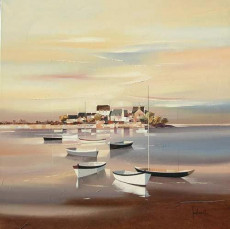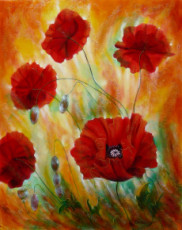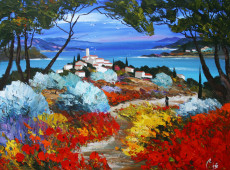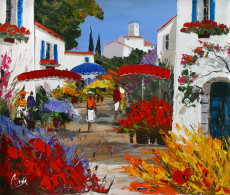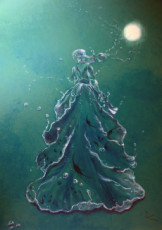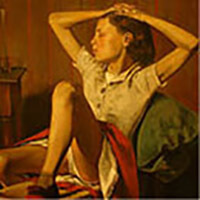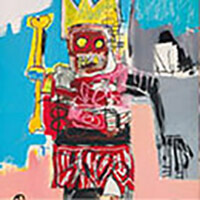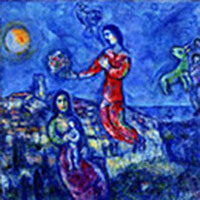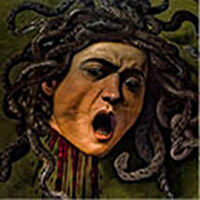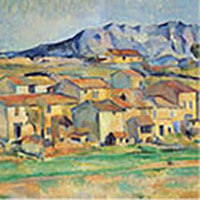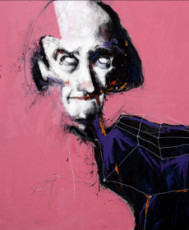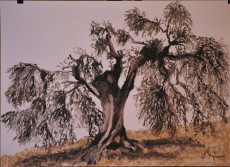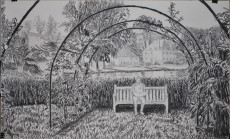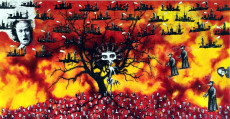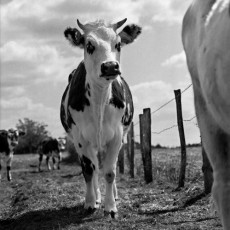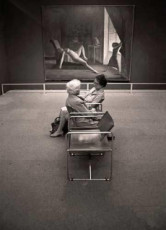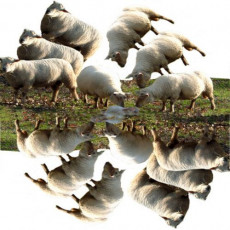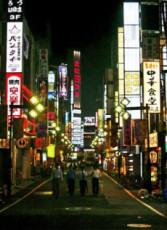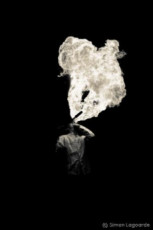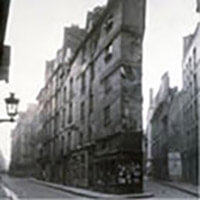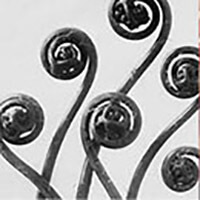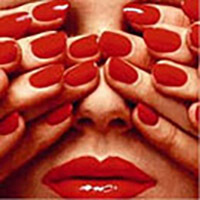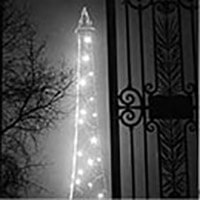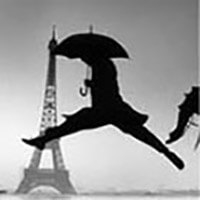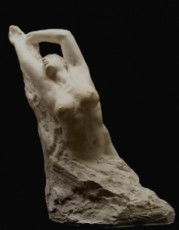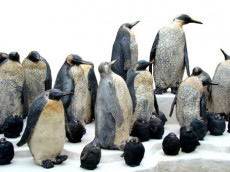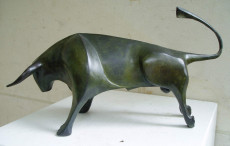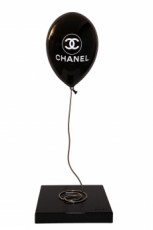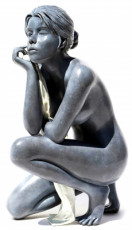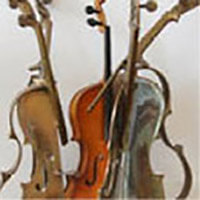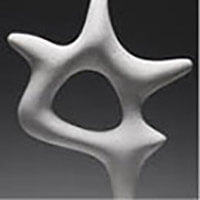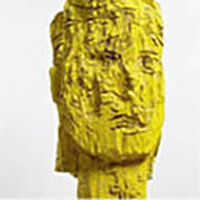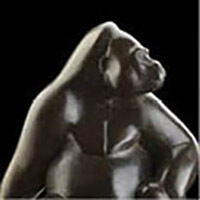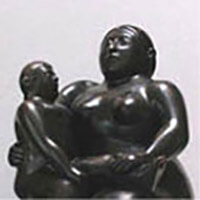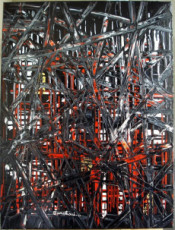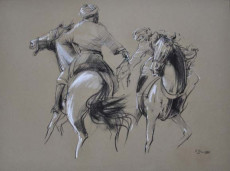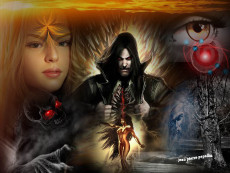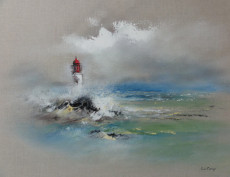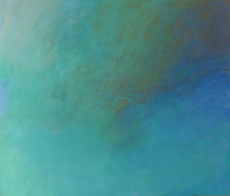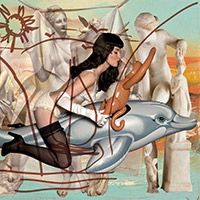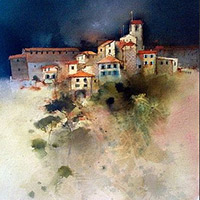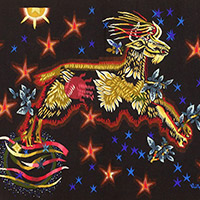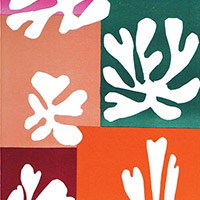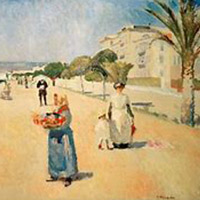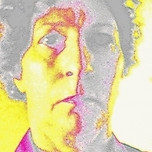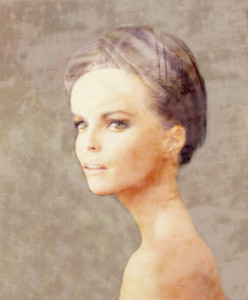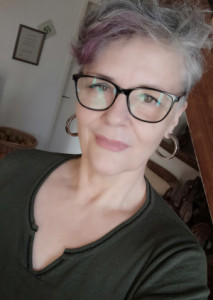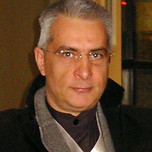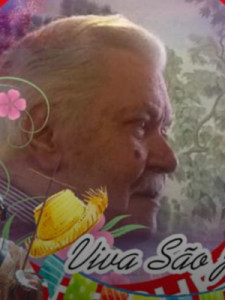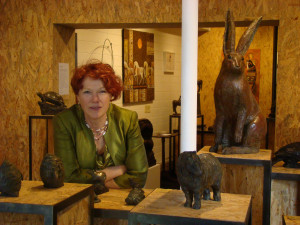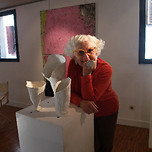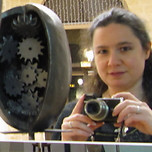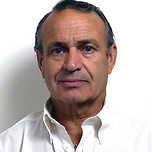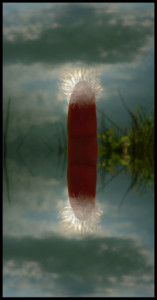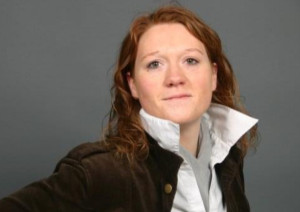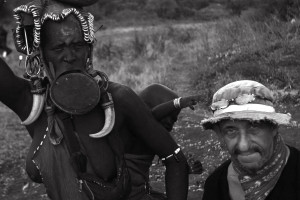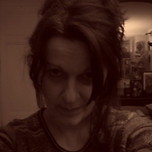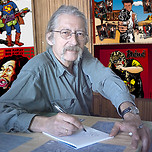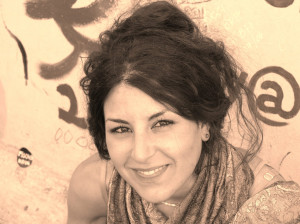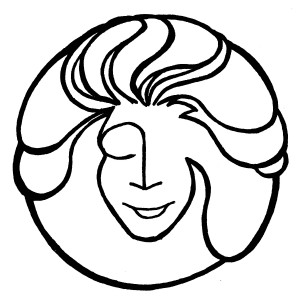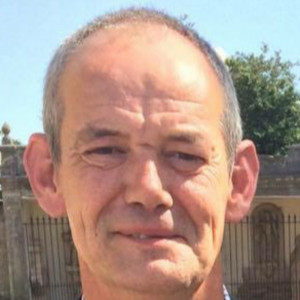
Jeremy Deller, the artist who loves people

About the "Art is Magic" retrospective exhibition devoted to Jeremy Deller in Rennes, on show at three venues until 17 September.
Even if you only know him by name, you can't resist the human vibrations that emanate from his installations as soon as you enter the Musée des Beaux-Arts in Rennes. After a cup of coffee at Valerie's Snack Bar (drinks included in the artwork), under the Ed Hall banners, you immediately want to know everything there is to know about Jeremy Deller, the British artist who made a big splash in France with Sacrilege, an inflatable, walkable replica of the famous megalithic site of Stonehenge, one of the world's most impressive prehistoric monuments, was installed on the esplanade des Invalides in 2012 to coincide with the Fiac.
So we're off to the next part of this retrospective exhibition, entitled "Art is Magic", which is finally being devoted across the Channel to the artist born in London in 1966, who made a name for himself in 2001 with the Battle of Orgreave, a deeply moving performance in the form of a re-enactment of the confrontation between the South Yorkshire miners and Thatcher's police in 1984. Jeremy Deller's contextual work can be seen at the Musée des Beaux-Arts in Rennes, but you'll also need to visit the Frac Bretagne and La Criée, a contemporary art centre, as this fascinating retrospective of contemporary art is on show at three venues in the city from 10 June to 17 September.
Incredible but true, Art is Magic is the first retrospective in France of Jeremy Deller, winner of the prestigious Turner Prize in 2004 and present for Great Britain at the International Biennial of Contemporary Art in Venice in 2013. Represented in France by the Art : Concept gallery, which manages his contemporary art for sale in Paris, Deller is interested in popular cultures and counter-cultures. Social issues, history and music are all central to his investigations. Tinged with acid humour and an assertive socio-political discourse, his works make a link between culture - vernacular or mass - and the world of work. His research has led him to explore the social history of his country and beyond, through the social conflicts of the Thatcherite era, the group Depeche Mode, the world of wrestling, the seeds of Brexit, or even Acid house and the rave movement, with a constant concern to involve other people in the creative process.
The Art is Magic exhibition provides a broad overview of the artist's work from the 1990s to the present day, based on some fifteen major projects and works that have punctuated his career. It also provides an opportunity to publish the first retrospective of the artist's work in French. It also coincides with the Exporama summer season organised by the City and Metropolis of Rennes, and resonates with the Forever Sixties exhibition from the Pinault Collection at the Couvent des Jacobins in Rennes, which explores the spirit of the 1960s between liberation and repression.
The Musée des beaux-arts, where we started, offers a panorama of Jeremy Deller's work since 2000, with installations combining performance, video and installation. The works Valerie's snack bar and Speak to the earth and it will tell you explore what cements the solidarity and complicity between residents - the famous 'social bond'. The Battle of Orgreave and Putin's happy offer investigative tools for questioning political struggles and their media treatment, whether they be social conflicts from the Thatcher era or the more recent debates on Brexit.
This commitment to history - political, social and artistic - can be seen again at La Criée centre d'art contemporain, with Warning Graphic Content, a collection of over a hundred printed works and posters by Jeremy Deller from 1993 to 2021. In the accompanying slideshow Beyond the White Wall, Jeremy Deller recounts in voice-over the projects he has carried out in public spaces, blurring the boundaries between art and society.
The exhibition at Frac Bretagne presents Jeremy Deller as the great observer of vernacular culture in the United Kingdom. Bringing together drawing, painting, film, performance, costume, decoration, political opinion and humour, as well as surprising objects, Folk Archive (2005 with Alan Kane) celebrates the activity of a wide range of British pastimes and activities, and demonstrates that folk art in Britain is both widespread and vigorous. Alongside this installation, three film works also address popular cultural appropriation: English Magic (2013), Everybody in the Place: an Incomplete History of Britain 1984-1992 (2018) and Our Hobby is Depeche Mode (2006, with Nick Abrahams).
The British artist, who does not feel "cut out to work within institutional circuits over the long term", preferring "intermittent forms of contribution", was interviewed for Artpress this summer by writer and art historian Paul Ardenne. The interview is fascinating in more ways than one, and makes you want to take a definite interest in his work. When the historian talks about the cult he seems to devote to the 'common man', the 'outsider', Jeremy Deller replies as a preamble that for him, 'these terms, "ordinary", "common man", "outsider", are heavy with meaning'. And when Paul Ardenne asks him whether the art of the future will necessarily have to be social, like his own, "or even socialist", the artist finely leaves the door open: "Who knows? For the moment, art has many futures, from NFT to auction madness to street art, a silly pseudo-art. The art of the future seems rather capitalist to me, but on the other hand, there are so many collectives and social art projects that it's a multi-headed beast. I like getting out and about in the world, to a certain extent getting my hands dirty in culture, having fun, or, as we say, messing around."
"In France, you are considered a left-wing artist, a humanist and a solidarist. But is your art first and foremost political?" asks Paul Ardenne of Jeremy Deller. "Not really, no more than for many other artists," he replies, "Political artist, that sounds a bit boring. I'm not an activist. I'm too lazy and unfocused. I'm interested in people, so maybe that's my thing."





